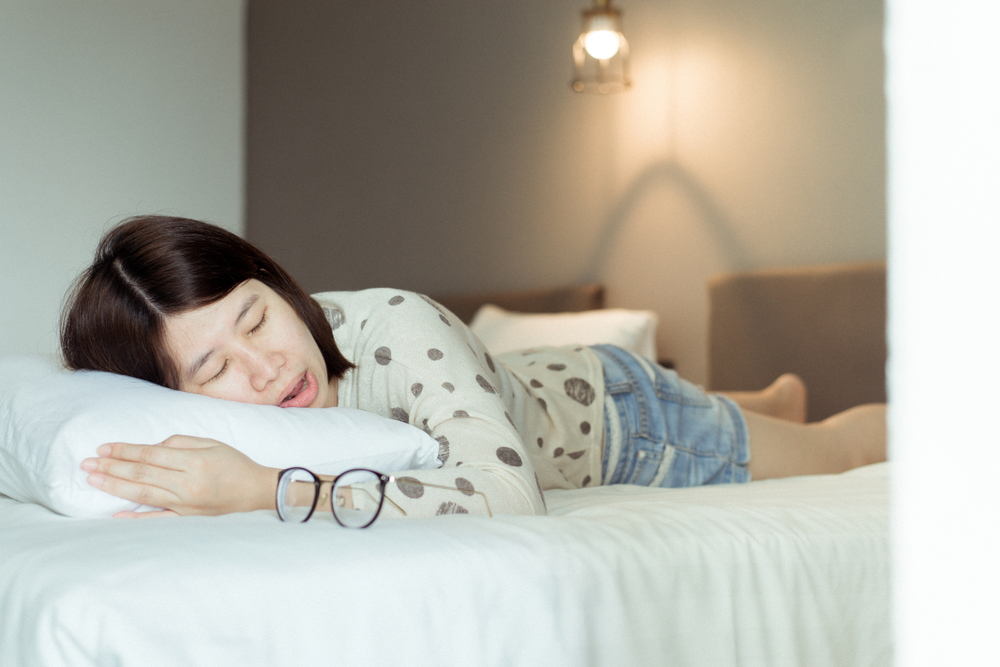Waking up with a soggy pillow or dripping chin can be unsettling. Excessive drooling during sleep is more than just an embarrassing issue; it’s a sign that something might be amiss.
First off, there are the obvious concerns: Is your sleep quality suffering? Are you waking up feeling groggy or disoriented?
Beyond these surface-level effects, excessive drooling can signal underlying health issues. Your body could be trying to tell you something – and it’s not just about the snoring.
So, What’s Behind This Salivary Slip-Up?
- Sleep apnea: The pauses in breathing during sleep can cause saliva buildup.
- Gastroesophageal reflux disease (GERD): Stomach acid can flow back up and trigger drooling.
- Medications: Certain prescription drugs, like antidepressants or antihistamines, can increase salivation.
- Hormonal changes: Hormonal fluctuations during pregnancy or menopause might be to blame.
Don’t Ignore the Signs!
If excessive drooling persists despite lifestyle adjustments and home remedies, it’s time to consult a healthcare professional.
A doctor can help you determine the root cause of your nocturnal slobbering. They may conduct physical examinations, diagnostic tests, or refer you to specialists to develop a personalized treatment plan.
Take Control of Your Sleep (and Saliva) Today!
Don’t let excessive drooling disrupt your life. Get to the bottom of this bizarre phenomenon and restore peace to your pillow.
